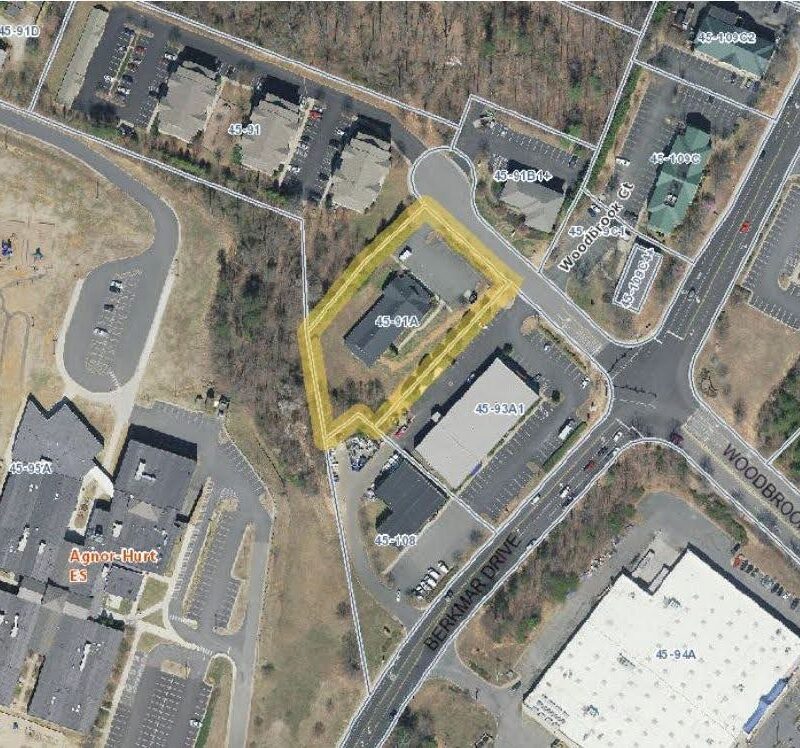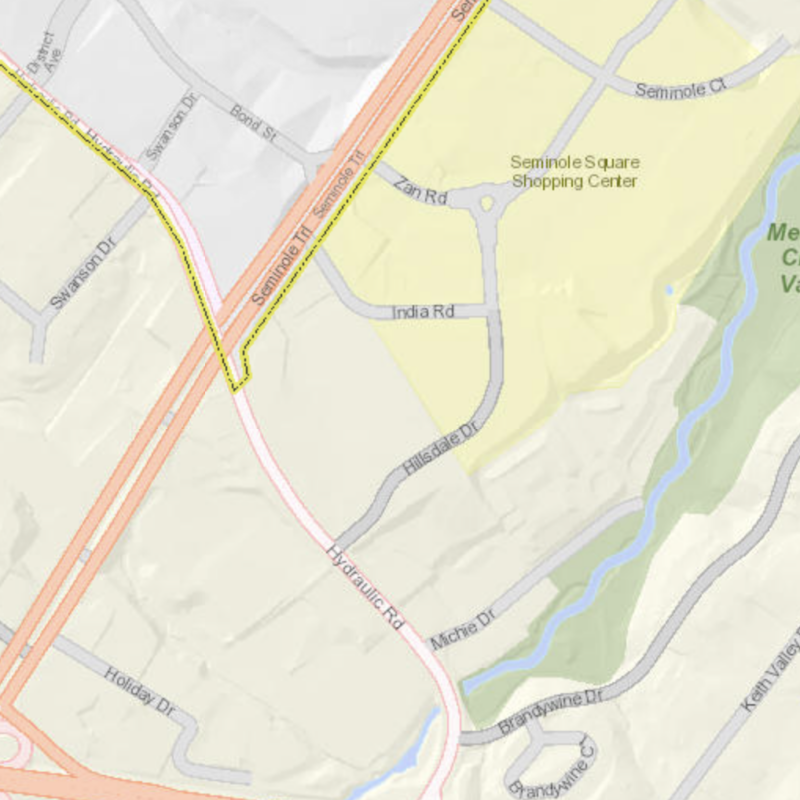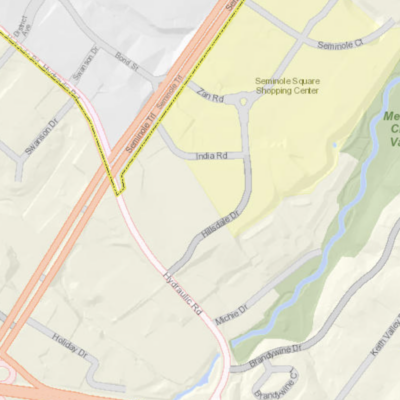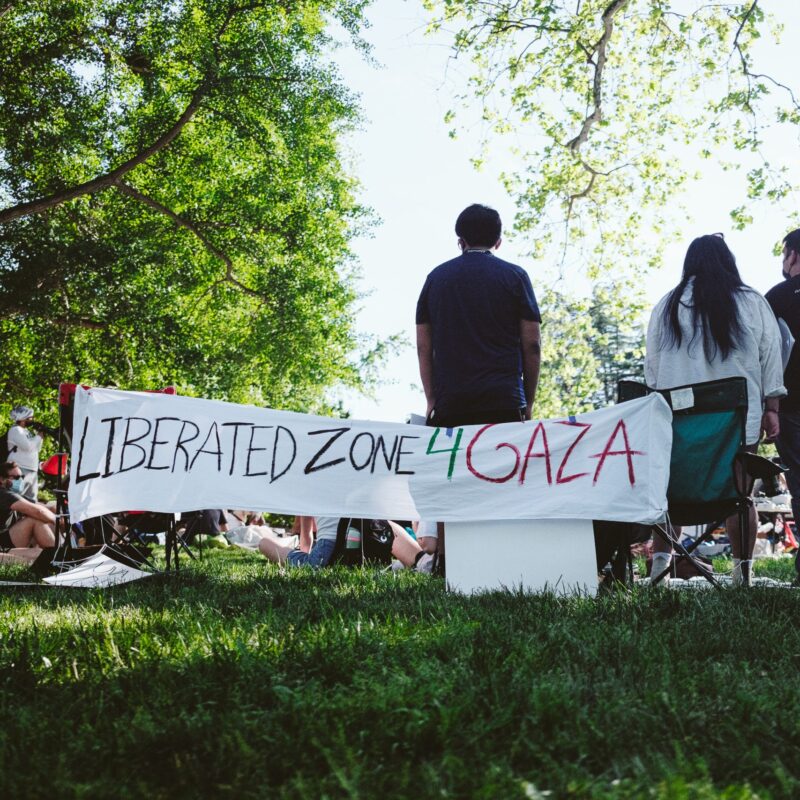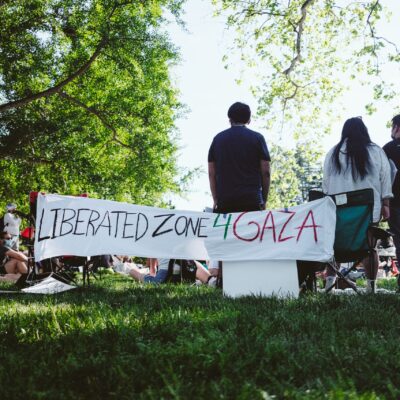Last month, Charlottesville public defender Ray Szwabowski announced his campaign for commonwealth’s attorney. Current Commonwealth’s Attorney Joe Platania was elected in 2017 and has not announced if he’s running for re-election. If Platania runs, the two will face off in a Democratic primary in June, a year after a summer in which nationwide protests once again emphasized the importance of local-level criminal justice reform. The following interview has been edited for length and clarity.
C-VILLE: So why you, and why now?
RS: It has become increasingly clear that we need criminal justice reform in the United States generally, and in Virginia, and in Charlottesville specifically. We’ve learned those lessons over and over again, most recently and most prominently over the summer with the tragic death of George Floyd and Breonna Taylor and so many others. And in Charlottesville we had the light shine on us back on August 12, and we started talking about criminal justice reform in a real serious way here locally. It seems like criminal justice reform is happening far too slowly here in Charlottesville.
In terms of why me, I’ve been a public defender in Charlottesville for the last five years, but I’ve been interacting with the criminal justice system since I was 11 years old. My uncle went to prison when I was a child and spent 19 years incarcerated. I made countless visits with my family to see him in various prisons. I watched my mom and grandma send him letters, make expensive phone calls, send money orders constantly just to buy simple things like a toothbrush. So I’m familiar with the bizarre and counterintuitive bureaucracy of prisons and jails in this country.
What are some specific changes you want to make, that you think are achievable from the commonwealth’s attorney office?
The signature thing that I’ve been talking about is to stop prosecuting felony simple drug possession. When a person is caught with a small amount of a narcotic that is currently schedule I or schedule II, we should do something other than charge that case as a felony.
Too often, we treat the surface level of what’s happening without getting into and addressing the underlying issue—which in many cases are addiction, a lack of mental health care, and homelessness.
We’re currently treating addiction with jail. That’s not a good way to do it. Plus it costs $91 a day to house someone at the jail. Why don’t we take that money and invest it into real drug treatment that doesn’t involve the jail? Perhaps that means giving more resources in the community—a nonprofit or a community service board like Region Ten. That’s what I’m proposing.
Since you brought up reallocating funds: Should we defund the police?
Defund the police has been an interesting conversation that’s emerged, and it’s really drawn attention to how we’re using our resources. What I take defund the police to mean is to re-examine every aspect of the system, whether it’s the way the police are interacting with the community, how cases move through the court system, or what happens to people once they end up in a jail or prison.
There’s a phenomenal waste of money and lives happening currently. And it just happens over and over again. People are stuck at the jail without a real treatment option, they get out, and they cycle through again. It’s a system that I would barely call a system at all—it’s a patchwork of things that happen that aren’t working coherently towards a goal. That’s what’s really frustrating.
One thing that other commonwealth’s attorneys have mentioned in the past is the need for judicial buy-in. Prosecutors can make progressive sentencing suggestions, but without judges on board your power is limited. What can you do to create judicial buy-in for reform?
You do need to get judicial buy-in to make some of the progressive changes we’re talking about. Part of it is going in to court day after day and representing the people of Charlottesville, saying this is what the people of Charlottesville want, they want us to find solutions to addiction and mental health.
The commonwealth’s attorney office is a pulpit from which you can speak. You can call a press conference to say ‘listen, we need more resources to treat addiction.’ You can go down to Richmond and lobby the General Assembly to make changes in the actual laws. That’s how I would see myself using the office.
What does Charlottesville as a community mean to you personally?
Charlottesville is definitely my adoptive home—I came here in 2000 to go to UVA for undergrad, and I’ve pretty much been here ever since. I worked for a consumer electronics company after undergrad, I worked in sales, in Spanish, selling electronics over the phone. I’ve been in the music scene—I’m a drummer and I’ve played in several bands. And I’ve also worked in the restaurant and bar scene during that time. So I’ve dipped my toes into a few of the different communities in Charlottesville…And now I have a 2-year-old. So, recently, most of my waking minutes are focused on making sure that we’re doing our best job raising a child during a pandemic.
